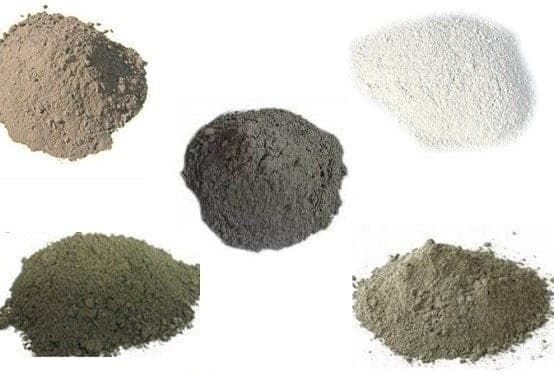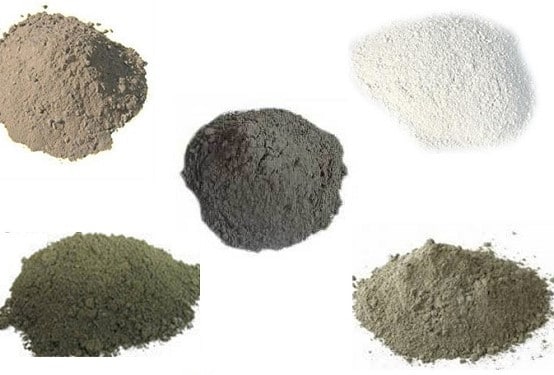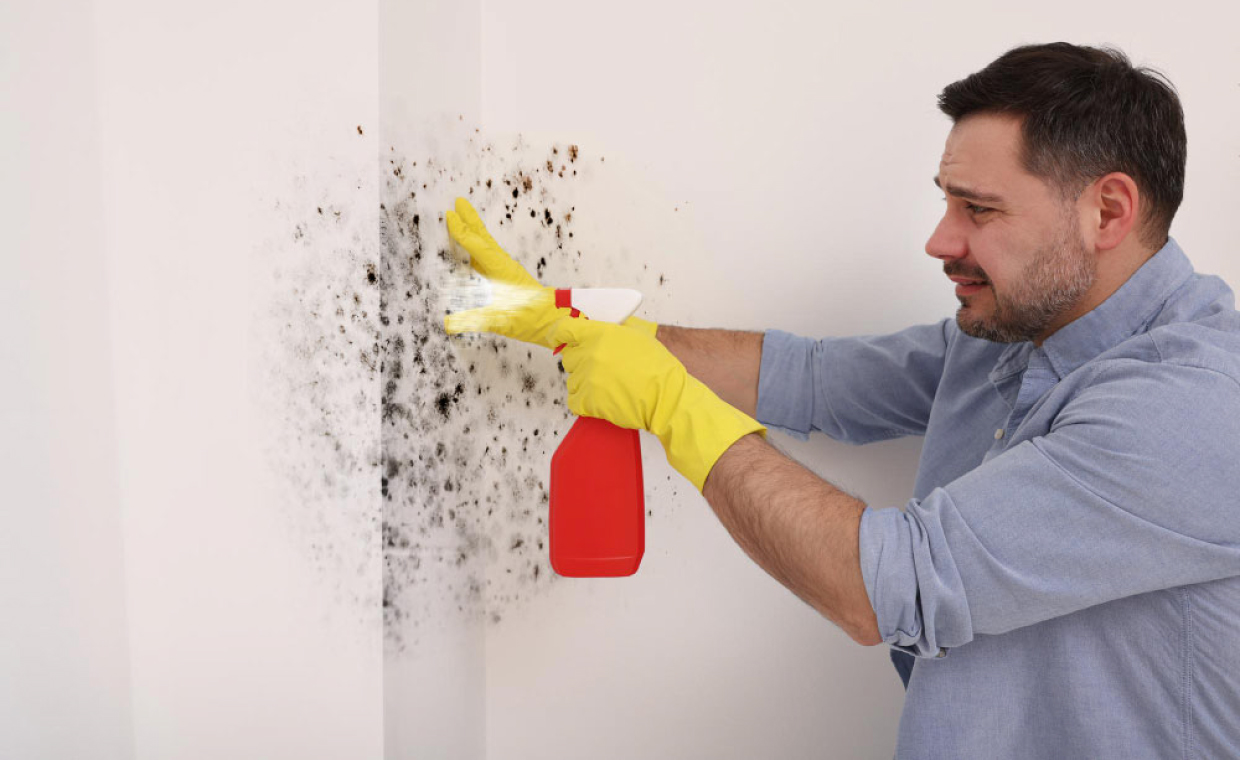
The question that arises while constructing a house is: which is the best cement for home construction? In our opinion, cement should be selected based on the consideration of long-term durability of the house. Cement is most used and favorable building material, which protects the home against adverse effects of weathering and provides long service life to the house. After all, cement is the soul of all concrete construction, and must be used with due care and respect. It may be visualized that in a particular environment the properties of concrete or mortar are affected by the characteristics of cement.

Cement when mixed with water, creates a paste which binds aggregates (coarse and fine aggregates) and forms a concrete, or mortar. Durable concrete or mortar cannot be generated without proper binding of aggregates. Cement plays an important role to bind the aggregates and hence it is also known as binder. We can say that many of the properties of concrete or mortar are directly affected by the properties of cement i.e. composition, fineness, type, and proportion of cement. Therefore, one has to choose or buy cement wisely.
Understanding the characteristics of cement can provide insight to many of the issue arising during construction. Selection of proper type of cement and its qualitative aspects are thus critical for the long-term durability of the home. Cement should be selected for a particular environment on the basis of its physical and chemical properties such as those based on low heat, quick setting, resistance to sulfate and chloride attack, rapid hardening, air entertainment, hydrophobic requirement, etc.
The choice of type of cement depends on various other factors such as the cost of cement, and its availability in local market. It also depends on the importance of structure, its quality requirement, its purpose and anticipated use, and environment condition in which it has to be build. Sometimes it is also possible that going for some special property of cement may lead to some undesirable properties from other perspective. Even for an expert it be may difficult to select the correct cement that will satisfy all the requirements. Therefore, balancing all requirements is necessary because the availability and the economical aspect are vital.
However, cement cannot be blamed for the poor construction of structure. It may be realized that no single type of cement is the best under all circumstances. In case, a particular type of cement is not favorable, use another type, or more than one type, but build strong, healthy durable and beautiful home.
Today nearly all countries produce their own cement.
Europe
CEM I: Comprising Portland cement and up to 5% of minor additional constituents (Portland cement)
CEM II: Portland cement and up to 35% of other single constituents (Portland-composite cement)
CEM III: Portland cement and higher percentages of blast furnace slag (Blast furnace cement)
CEM IV: Portland cement and up to 55% of pozzolanic constituents (Pozzolanic cement)
CEM V: Portland cement, blast furnace slag or fly ash and pozzolana (Composite cement)
Unites State of America
Type I: It is used for general purpose i.e. small work
Type II: It is used where moderate resistance to sulfate attack is required
Type III: It is used where high-early strength is required usually within week or less
Type IV: It is used where mass construction is required such as dam, mass foundation, etc.
Type V: It is used in coastal areas and marine environment or where the structure is likely to be affected by the sulfphates
India
India produces three grade of Portland cement. I.e. 33 grade portland cement, 43 grade portland cement, and 53 grade portland cement apart from special types of cement like sulphate resisting cement, high alumina cement, etc.
Nowadays, 33 grade of cement is not used due to its low compressive strength. This cement is normally not used where high grade of concrete is required. I.e. M20 and/or above.
Use of Cement
OPC – 43 Grade :
43 grade OPC cement is used in masonry as well as wall plastering works, RCC and Non-RCC structures, pathways, etc.
OPC – 53 Grade :
53 Grade OPC cement is used in RCC and pre-stressed concrete of higher grades, cement grouts, instant plugging mortars, etc. (Mostly used in fast paced construction where initial strength is to be achieved quickly).
PCC :
Portland Pozzolana Cement (PPC) is a variation of ordinary Portland cement (OPC). It has a low initial setting time compare to OPC. Hence,it is used in mass concreting work as well as RCC work, plaster work, brick masonry work, flooring work, waterproofing work, etc.
You can use different types or grades of cement for different elements of a building. I.e. use 53 grade cement for concreting the structural members like footing, column, etc. and use 43 grade cement for the plastering, infill brick work, flooring work, etc. In fact, it is better to use 43 grade cement for plaster work, etc. as high strength cement produces shrinkage cracks in plaster.
It is advisable that, use lower grade cement in the plastering, infill brick masonry work, etc. where strength does not matter. Higher grade cement results into high strength but it produces high heat of hydration when mixed with water which may result in cracks on the surface of plaster or concrete as described above.
The manufacturers produce different types of cement to meet different physical and chemical requirements for specific construction projects. Sometimes ordinary Portland cement (OPC) or Portland Pozzolana Cement (PPC)may not be compatible. In such cases, we have given detail information of different types of cement, which a civil engineer must know. Read Types of cement and its uses.
Conclusion
The use and selection will ultimately depend on the strength desired, environmental factors, nature of structure i.e. mass concrete etc., initial strength gain needed, etc.
The structure situated in a particular environment, in a particular geographical location, and required to provide a particular service will require a particular type and grade of cement because each structure is cement specific. Many companies produce different types of cement, but remember that, brand or company of cement will not affect the service life when you build a house. It is advisable to select cement based on aforementioned discussions.
Must Read:
8 Things to Know before You Order Ready Mix Concrete
How do I Check the Quality of Cement at Site?































